Spoiler Warning: This post has mild spoilers for The Other Bennet Sister by Janice Hadlow and some wider Jane Austen discussion. If you love going in totally blind, maybe bookmark this for after you’ve read it or watched it, as the BBC is doing an adaptation coming out in 2026.
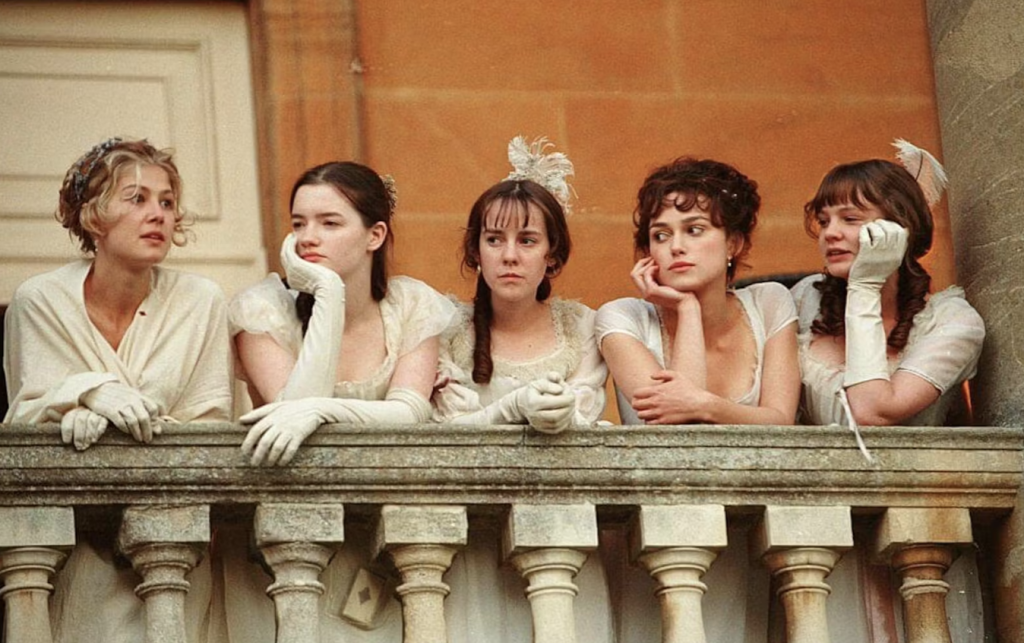
It’s Jane Austen July, which means reading, re-reading and obsessing over Austen’s world all over again. This year, I picked up The Other Bennet Sister by Janice Hadlow, and honestly, I will never read Pride and Prejudice the same way again. In Pride and Prejudice, middle sister Mary Bennett is very much in the background and is largely remembered for her monopolisation of the piano and awful singing at the Netherfield ball . But Hadlow shows how much of her awkwardness comes from being constantly compared to her beautiful, charming sisters and dismissed by her parents, especially her mother, who doesn’t even pretend to hide her favouritism for literally anyone else.

What I loved is how the book lets us sit with Mary’s loneliness. She isn’t as pretty as Jane, she doesn’t have Lizzie’s wit, or Lydia’s carefree charm and although Kitty is still largely a non entity in this book, she still has a close sisterly bond with Lydia, whilst Mary doesn’t have that level of closeness with any of her sisters. Even her bookishness, which should have connected her to her father, is ignored. There’s a gorgeous metaphor where a kind housekeeper compares Mary to a daffodil planted between lilies. Next to lilies, a daffodil might seem ordinary, but looked at alone, it has its own quiet beauty.
Is The Other Bennet Sister technically canon? Well, Jane Austen didn’t write it, so the purists will say it doesn’t count (luckily I am no purist) And spiritually it kind of feels canon now! The story made me rethink Pride and Prejudice and also all the other Austen books I’ve read (or watched) over the years, so to celebrate Jane Austen July, I am putting on my bonnet and giving you my extremely biased, unofficial Austen Character Awards:
Disclaimer: I am no Austenite, in fact, I quite enjoyed the recent Netflix adaptation of Persuasion and I haven’t even read Northhanger Abbey, so please be forgiving if I have got any plot points wrong.
Best Sister: Mary (and not the one you’re thinking of)
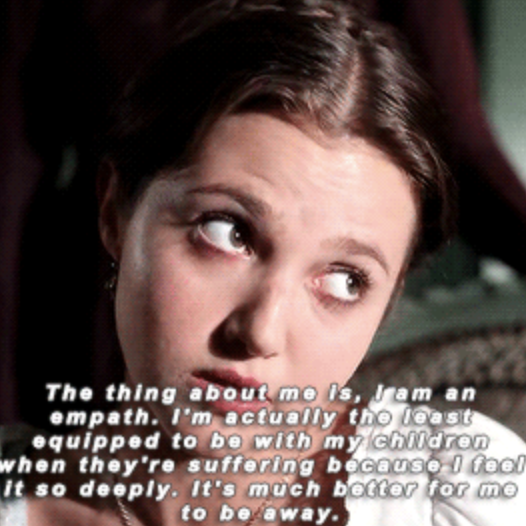
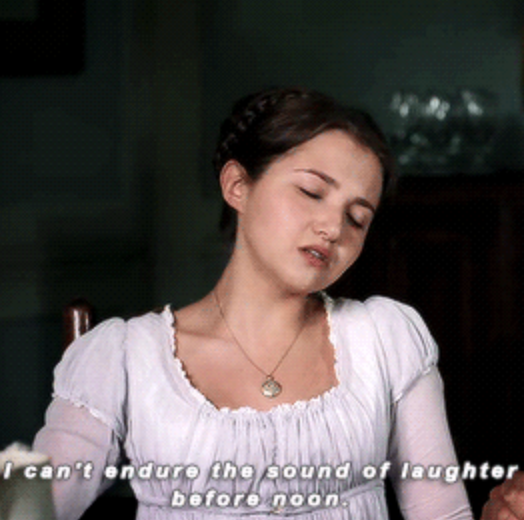
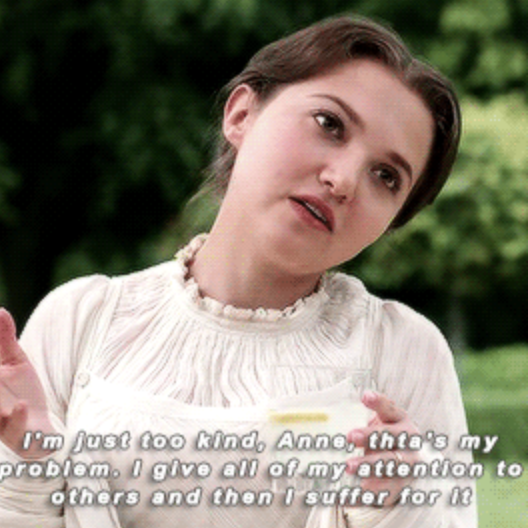
If you’d asked me a year ago, I would’ve said Mary Musgrove from Persuasion wins Best Sister by a landslide. She’s petty, self-absorbed, dramatic and frankly, hilarious! She’s always “not feeling well,” she wants credit for everything, and I’ve long suspected that if you got her on the right night with a few glasses of wine, she’d be the most entertaining person in the room. But since readingThe Other Bennet Sister, I’m sorry to say… there’s a new Mary in town.
Worst Heroine
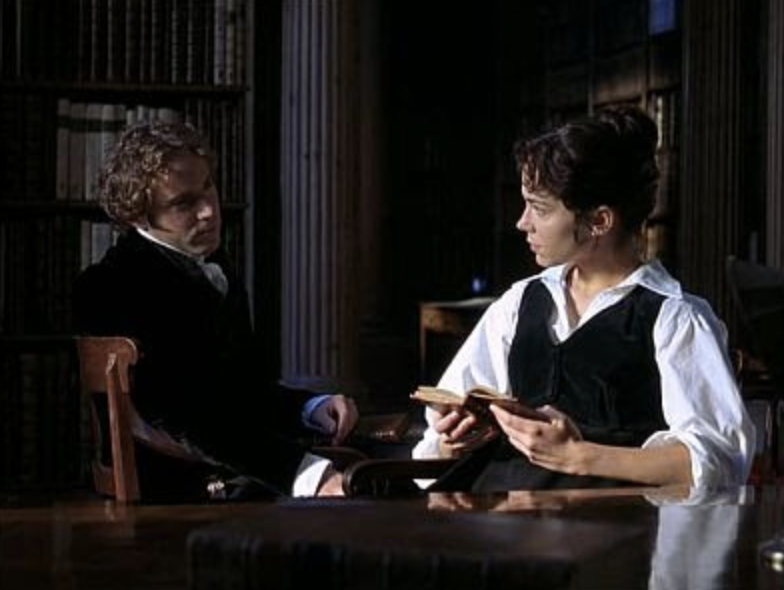
Look, I know Fanny Price from Mansfield Park has her defenders but I fear I will never be one of them. She spends the entire book quietly judging everyone from the sidelines while somehow also being the most passive person alive. Her big stand? Refusing to participate in a play put on in the living room, as if amateur theatrics will be the downfall of polite society. Meanwhile, she’s pining after Edmund, who’s… ok, but also her cousin and perhaps more troublingly possibly the dullest man in the world. When Henry Crawford, who is both charming and chaotic in equal measure , shows genuine interest in her, does she seize the moment? No. She scolds him, retreats, and basically waits for Edmund to realise she’s been there all along. Honestly, I fear Jane Austen herself would have thought me a very silly girl, because I would have fallen for Henry Crawford in a heartbeat, give me the charming mess over the earnest, condescending clergyman any day.
Silliest Girls
There’s a certain kind of girl in a Jane Austen novel who is always getting herself into trouble. She laughs too loudly, flirts too freely, and probably says something inappropriate at a ball. She doesn’t think too deeply about consequences, and she absolutely loves a charming face. Austen gives her many names, Lydia Bennet, Marianne Dashwood, Mary Crawford but she has one label for all of them: silly. And if I’m being honest, that’s probably the role Austen would’ve cast me in. As a younger reader, I wanted to be Lizzie Bennet. Clever, composed, sharp-tongued just enough. But now? I root for Mary Crawford. I think of all the girls who were told they were “too much” , too loud, too romantic, too unserious, and I wonder if we’ve been taught to praise the heroines simply because they’re the ones who survived the narrative, not because they’re the most lovable.
Even Emma, spends the whole novel being corrected and humbled. And let’s not forget that she ends up with Mr. Knightley, a man whose primary personality trait is gently scolding her. There’s a clear message, if you’re clever, charming, flirtatious, or heaven forbid, fun, you’d better get ready to either reform your ways or suffer. But here’s the thing, Austen’s “silly girls” are written with wit, sparkle and the kind of observational detail that suggests a reluctant affection. Even as she punishes them, she can’t quite resist them.
Worst Love Interest
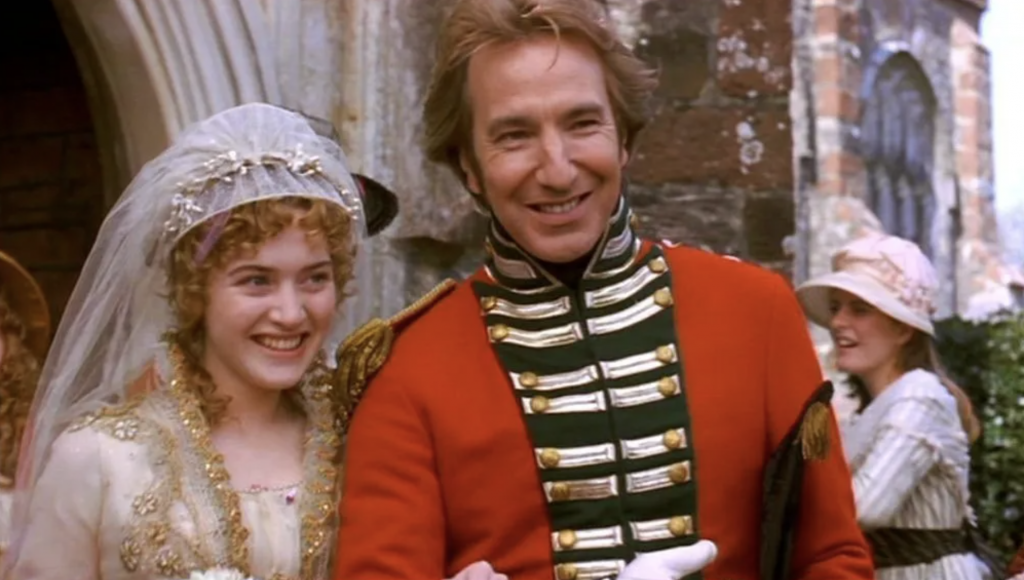
Colonel Brandon has his defenders, especially thanks to the film adaptations where they cast charming, slightly broody actors to play him like the lovely Alan Rickman. But let’s remember, in the book Sense and Sensibility, this man is pushing fifty (as was Alan when he played the role) and Marianne is basically still a teenager (thankfully they aged her up a bit in the film.) The age gap alone is enough to make most uncomfortable, but it’s more than that. Marianne is wild-hearted and passionate, she throws herself fully into life. And somehow, her “happy ending” is settling down with a mild, sensible, much older man. And yes, I hear you, Willoughby treated her despicably, but just because he broke her heart doesn’t mean Colonel Brandon was her destined soulmate. It doesn’t always have to be one or the other, it can be neither.
Most Despicable Man Willoughby or Wickham?
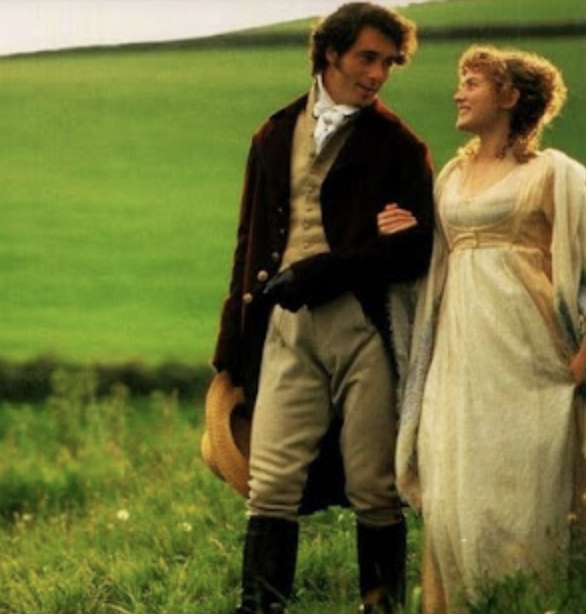
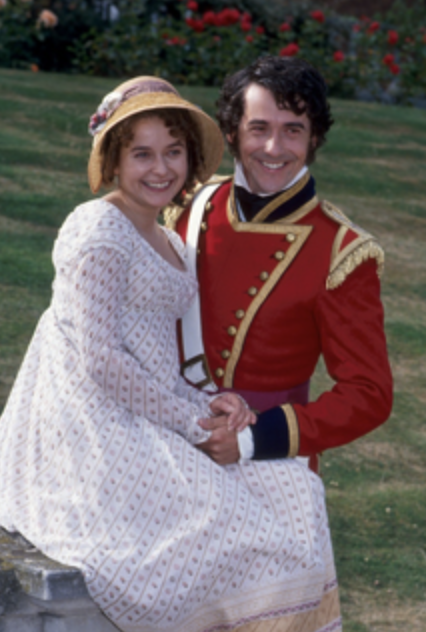
Did Willoughby ghost Marianne? Absolutely. Did he shatter her teenage dreams and cause her to nearly perish from heartbreak? Without question. But… did he love her? I think so, in his own reckless, selfish, self-sabotaging way. He was just too good to be true (they always are) he whispered sweet nothings, recited verses under the rain, and swept Marianne off her feet, only to crumble the second money and status got in the way. But when he turns up later, full of regret and what-could-have-beens, it feels… real. Pathetic, but real. He loved Marianne, he just loved himself (and financial security) slightly more.
Whereas Wickham is peak Austen villain, charming, manipulative, and entirely motivated by self-interest. He flirts with Elizabeth as a means to get one over on Darcy, tries to trap Georgiana Darcy (a literal teenager) into marriage for her inheritance and runs off with Lydia to escape his debts. Surely irremediable, but the worst part? He barely faces any consequences. Yes, he’s stuck in a presumably miserable marriage with Lydia, but considering the trail of reputations he destroys, he gets off remarkably lightly. The women, Georgiana’s almost-ruined future, Lydia’s reputation and Lizzie’s family name, all pay the price. While Wickham keeps floating through life, smirking and probably still lying about his military rank. I think the award for most despicable man has to go to him.

Anyway, I could go on (and on) I have approximately 1,000 more opinions on Austen characters. But I’ll have to save those for another time. It is, after all, already August, and I’m still working on my Jane Austen July post. So for now, let’s just agree that rereading (and reimagining) Austen is one of life’s great pleasures.


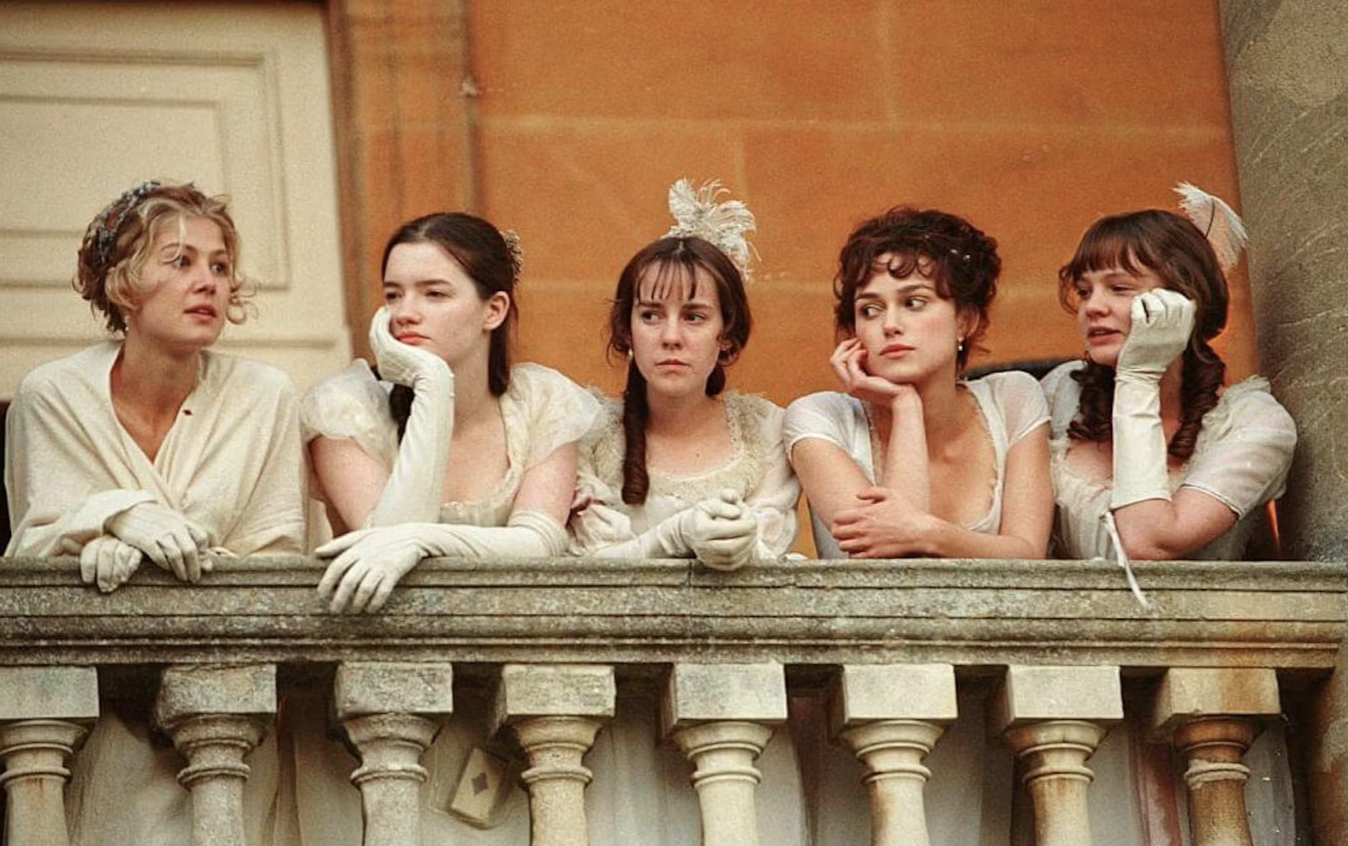
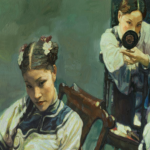

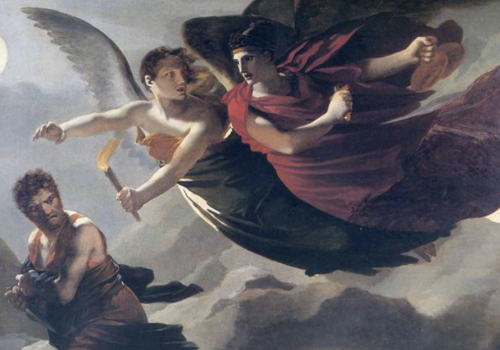
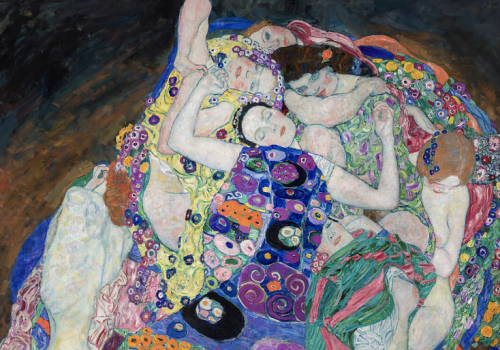
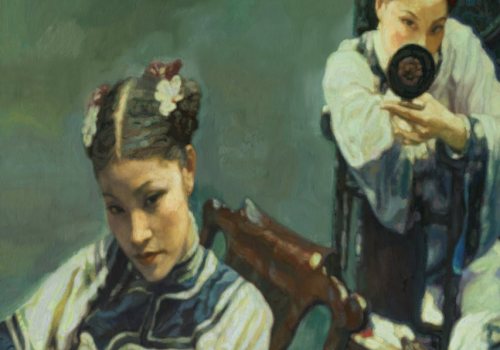

Leave a Reply